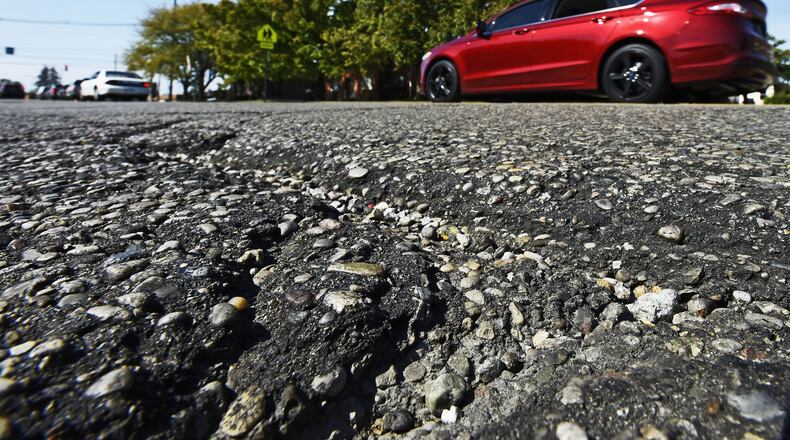“Everybody’s invited,” he said. “People who want to be critical, we want to know their criticisms. We want to know what it is they believe.
“Certainly, we’ve heard from people who say there were promises made at a certain point in time. And we want to bring those promises to light, obviously, to city government, and say, ‘Hey, you made a promise, back when,’” Schhwable said.
“It may not have been these guys,” he added. “It may have been a completely different city administration made a promise, but the promise was never fulfilled, and we want to be obviously that voice for the citizens as well, to say, ‘Hey, it’s a two-way street: These people say they had a promise made by so-and-so, and it hasn’t been dealt with.’ And see where that lands.”
Hamilton City Council in October asked the county auditor’s office to calculate how much money would be generated by a 4.9-mill levy. City Manager Joshua Smith at the time said the levy is estimated to produce about $3.7 million per year. The city believes it would cost the owner of a $100,000 home about $175 per year.
City officials, who are not participating in the campaign, have been brainstorming out loud in recent years about steps the city should take to give voters confidence the money will be wisely spent, and for the best street-repair uses.Among those ideas are the possibility of announcing in advance which streets would be paved. They also have said the levy should have an end date in perhaps five years, with the possibility of asking voters for a follow-up levy if residents felt the city had spent the streets money well.
Monday’s gathering will be the monthy meeting of the committee, which will convene at the center’s board room. After the meeting there will be a question-and-answer session for the public.
“We may not have an answer right then and there, but we will get them the answer,” Schwable said. “We’re trying to be like a clearinghouse of information, so there’s no rumors or misconceptions with information — like, ‘I heard this,’ or ‘I heard that,’ or something’s taken out of context.”
“We’re obviously not city employees, and the city doesn’t really have anything to do with us, per se, but we ask the city quesitons, and they give us answers,” he said.
The group plans to post answers to common questions on its website, www.criticalforhamilton.com, and its Facebook page, Fix Our Streets-Hamilton.
“Obviously, we’re all city residents. We want to see it happen, we think it’s a positive thing,” Schwable said.
Troy and his wife, Kathy Schwable — both forces behind Hamilton Conservation Corps — recently were named Hamilton’s Volunteers of the Year. In recent years, they have transformed a former city sewage dumping ground into a sprawling wildlife area in Lindenwald along the Great Miami River where people can enjoy the outdoors.
About the Author
